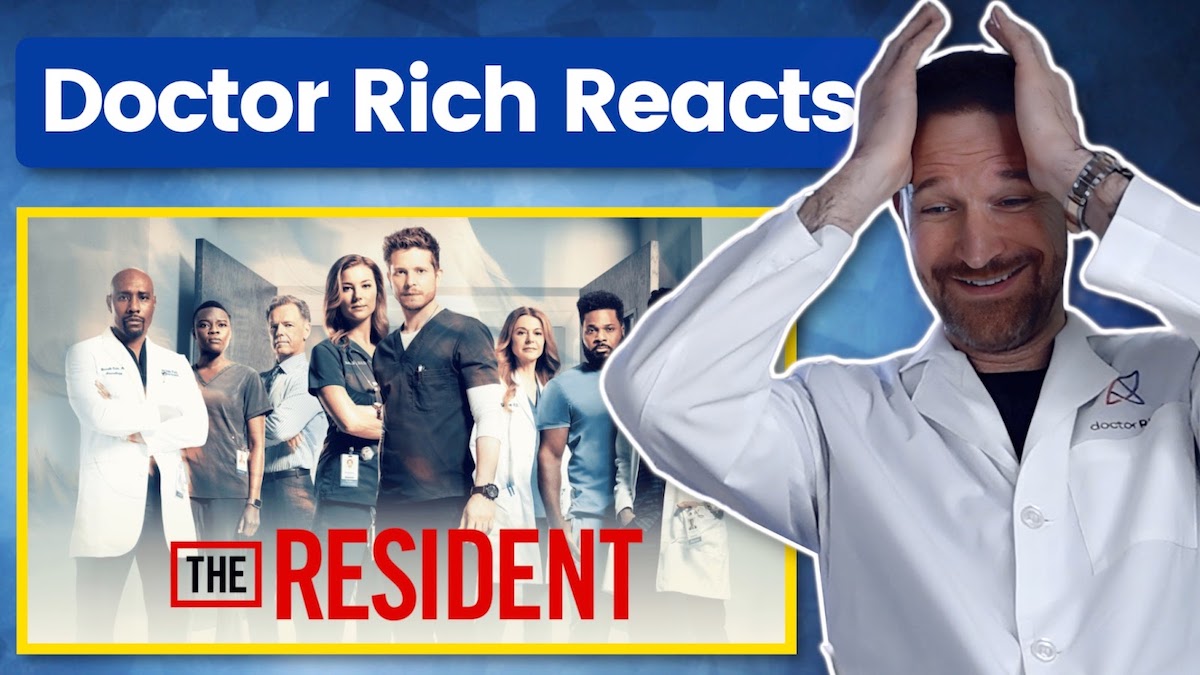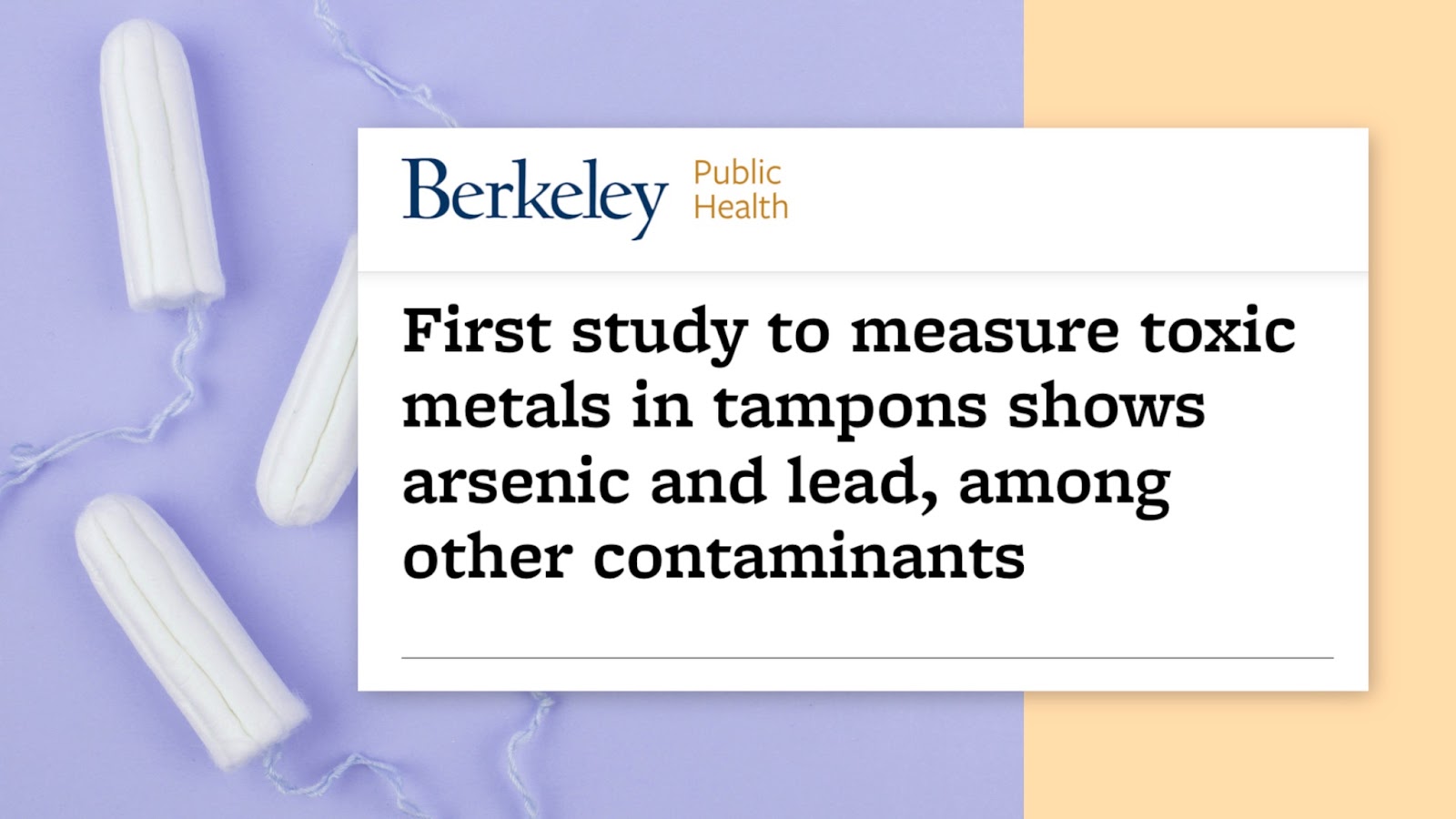Doctor Rich:
Hi, I’m Doctor Rich. Thanks for joining us today! We have Dr. Spier back in the studio to discuss the benefits of tubal ligation versus the vasectomy: part two. Last time, he brought his “big gun” arguments, but this time… I brought my bazooka. Good luck!
Dr. Spier:
Good luck.
Don’t have time to read this post? Watch the video here instead!
Doctor Rich:
Thank you, Jeff, for joining us in the studio today.
Dr. Spier:
Thank you for having me.
Doctor Rich:
So we’ll get right into the case for tubal ligation. I would say that my first point is that of convincibility. All of my patients are basically willing participants. They’re at a point in their life where they’re done with childbearing and they are ready to undergo the procedure. They ask whether or not they should undergo or they should send their husband to Dr. Spier. And in my experience, I ask them, “What is the male partner’s level of readiness?” And it’s usually in the low single digits.
Dr. Spier:
Well, I mean, it goes back to my earlier point. I am a proponent of vasectomy, and I would hope that physicians would at least have the couple come and see the urologist for a discussion. Yes, as for convincibility — there’s no question about it. That’s our biggest struggle and challenge: men just don’t want to have their scrotum incised — period. It does not sound very appealing. But after an educated session where we give them all the resources they need, I think usually they are agreeable.
Doctor Rich:
So clearly education is the key, and at the end of the day, results matter. So I’ve had it where patients have had their spouse go to the urologist… and three children later, the vasectomy finally happens. So education is always paramount, but it’s all about results — and whether the goal is going to be achieved. Is the tubal ligation or the vasectomy more likely to happen?
Camera Man:
That was a really good rebuttal!
Doctor Rich:
So another consideration for permanent sterilization is that of reversibility. Now, no one should ever consider permanent sterilization if they’re actively planning on having a reversal. Yet studies have shown that there are specific risk factors that will cause women to regret their decision and later on want to have their tubes reversed (tied back together). Specifically these reasons are: having it done at a young age, not having children, or unpredictable life events. So having said that, it should never be the plan. If that life event occurs and someone desires to have their tubes re-anastomosed, this is something that can be done with relatively high success rates. Depending on how the tubes are tied in the first place, there is as high as a 75% live birth after the tubes are tied together. And there is the ability to have more than one pregnancy with this procedure.
Dr. Spier:
My rebuttal to Doctor Rich is the following: Number one, there are reversals with vasectomy. It’s vasectomy reversal. It’s not commonplace, but I think the key is when you discuss vasectomy with the patient and the spouse, we really just don’t want to hear that they’re interested in reversal. If that’s what they’re thinking, we’re not going to do the vasectomy. They have to be all in this — no going back. So it’s really a moot issue as a urologist because if they’re considering a reversal, we do not do the case. But vasectomy reversal is viable. And there are specialists that do that procedure.
Doctor Rich:
I think that the point that we’re both making is you shouldn’t consider doing it if there’s a plan to have it reversed. We’re talking about unexpected life events and not specifically to deal with tubal, ligation or vasectomy. But I think on the female side, there are just so many other options that we can offer as opposed to permanent sterilization. So from the male side, it’s condoms, and it’s vasectomy. On the female side, we have implantable progesterone delivering agents, we have intrauterine devices, we have injectable, we have pills, patches… There’s just a plethora of other options for those patients that want long-term contraception with the ability to have a reversal.
So my final point would be, I guess, two things: Number one, the ability to discover potentially undiagnosed conditions that could be found at the time of the laparoscopy for tubal ligation. And the second point I would make (that kind of invalidates all of Dr. Spier’s points from the last video) is the convenience of having your tubes tied at the time of a C-section. Now, most tubal ligations don’t occur at the time of a C-section, but many do. And if you’re already intervening and you already have a surgical operation (the C-section), there are essentially no additional costs, no additional time, and no additional risk to just tie the tubes right then and there.
The other point would just be that there is more risk of general surgery compared to local anesthetic for vasectomy. But on the upside, a benefit is that we can find common conditions that could be causing other problems like endometriosis, ovarian cysts, fibroids, appendicitis. We can get more additional information at the time of the procedure.
Dr. Spier:
Well, I mean, it’s pretty simple: His argument is apples to apples and apples to oranges. There is no argument about having the tubal during a C-section — that’s a completely different conversation than what we’ve been talking about (which is vasectomy versus tubal ligation). That’s the argument. And if you’re looking for one or the other, it’s very clear: The argument is there. The answer is there, and that is simplicity, costs, and safety. But there is zero argument if the female is going under a C-section. Absolutely — for safety reasons and everything else — get it done at the time of the C-section. But I’ll stick to my other arguments.
Doctor Rich:
Alright, we’ll close with this. You know, this is a very personal choice and we’re having a lot of fun with this. And the point is that, as Dr. Spier mentioned earlier, it’s really about education. And hopefully this was educational and entertaining! But you really need to sit down and consult with your physician. Hopefully, as a couple, you can look at the pros and cons and make an informed decision.
Dr. Spier:
I just can’t agree with you more. I want to thank you for having me. I think it’s really important what you’re doing and what you’re doing for your patient population on these videos, and make sure that you ask all the right questions. And best of luck.
Doctor Rich:
So now you know you have options. Thanks for watching until the end. Please make sure to share this video, and we’ll see you next time.




